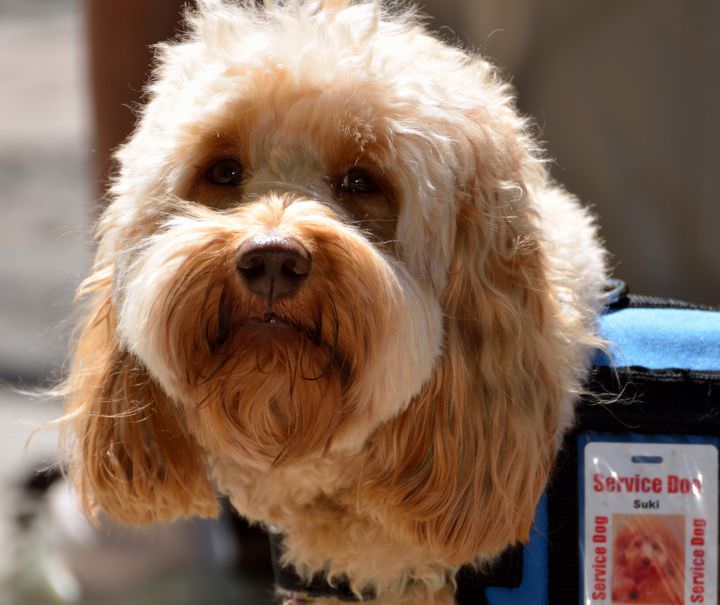
Ever traveled on a plane seated next to a passenger with a yappy dog? Maybe even a miniature horse. Chances are you’ve been on board with one of the 319,000 service animals that airlines transport annually given the Air Carrier Access Act mandate that foreign and domestic air carriers not discriminate on the basis of disability.
Well, as of today (January 11, 2021), you can expect to see a change in which animals fly for free and which ones pay their way as pets. Under a revised U.S. Department of Transportation (DOT) rule, dogs of all breeds and types are exclusively recognized as service animals—and fly for free—
Want to subscribe to receive blog updates sign up today?
if they are individually trained to do work or perform tasks for the benefit of a qualified individual with a disability. Miniature horses and emotional support animals no longer qualify as service animals, in the context of air travel, and will be treated as pets subject to more restrictions and fees.
The DOT made the rule change fully aware that removing emotional support animals from the service animal class was a contentious issue with no perfect solution likely to satisfy all stakeholders. Here’s why they made the rule change anyway:
(1) the increase in service animal complaints from passengers with disabilities;
(2) the inconsistent definitions among Federal agencies of what constitutes a “service animal;”
(3) the erosion of public trust in legitimate service animals due to requests to transport unusual species of animals onboard aircraft;
(4) the increasing frequency of travelers fraudulently representing their pets as service animals; and
(5) the increase in misbehavior by emotional support animals—including urinating, defecating, growling, and in some instances, harming people and other animals at the airport or on the aircraft.
Of the approximately 15,000 comments in response to the Notice of Proposed Rulemaking, more than 10,000 concerned the transport of emotional support animals. About one-third of the comments favored excluding emotional support animals from the service animal definition and treating them as pets. The two-thirds who opposed emotional support animals being treated as pets instead of service animals highlighted the needs of those with a wide range of serious mental and emotional disabilities for whom medication is ineffective in relieving stress, anxiety, and depression. The low income of many in this class of disability would also make flying unaffordable given what airlines charge for pets.
Among other things, the new rule allows airlines to require—
—passengers to submit forms related to the service dogs Health, Behavior and Training and, for flight segments of eight hours or more, to attest that the dog has the ability either not to relieve itself on a long flight or to relieve itself in a sanitary manner.
—a service animal to fit on their handler’s lap or in their foot space on the aircraft.
—a service animal to be harnessed, leashed, or otherwise tethered in areas of the airport that they own, lease, or control, and on the aircraft.
There is so much more in this final rule published on December 10, 2020. You can find it in the Federal Register at 85 FR 79742, https://www.federalregister.gov/documents/2020/12/10/2020-26679/traveling-by-air-with-service-animals.
Your comments on this controversial rulemaking are welcome.
For more of my writings, go to https://angelamuirvanetten.com where you can subscribe to my weekly blog and find several retail links to my book, “Pass Me Your Shoes: A Couple with Dwarfism Navigates Life’s Detours with Love and Faith.”
